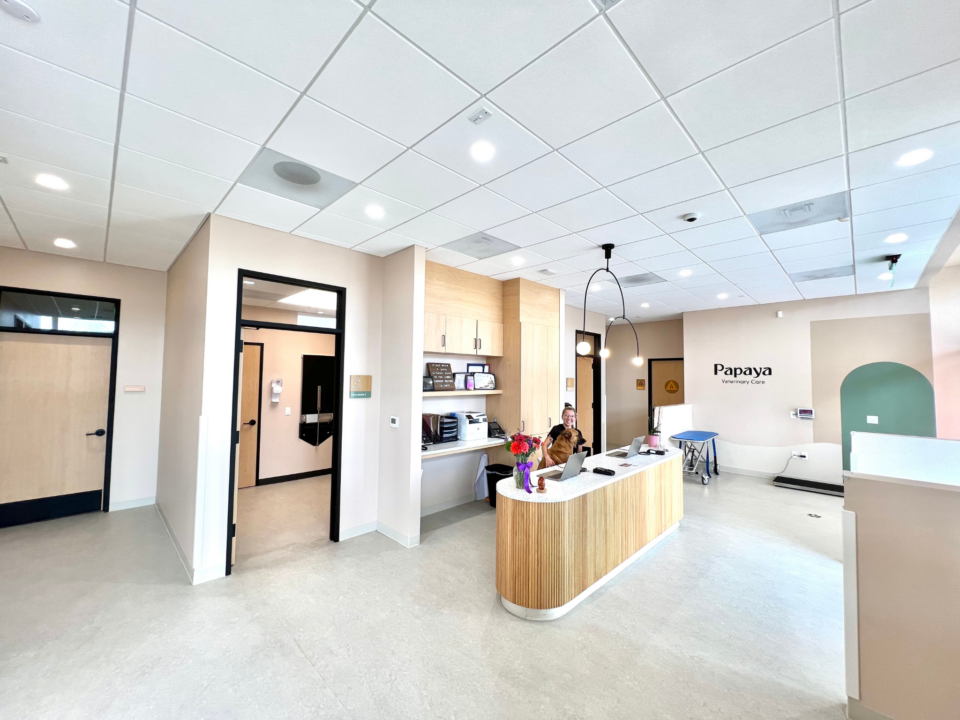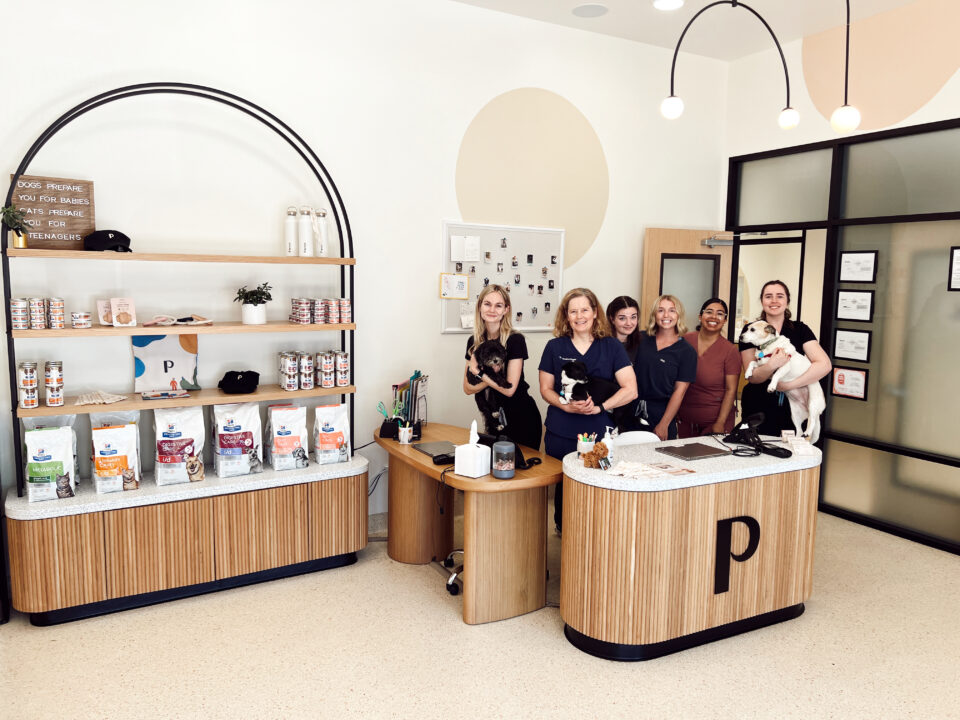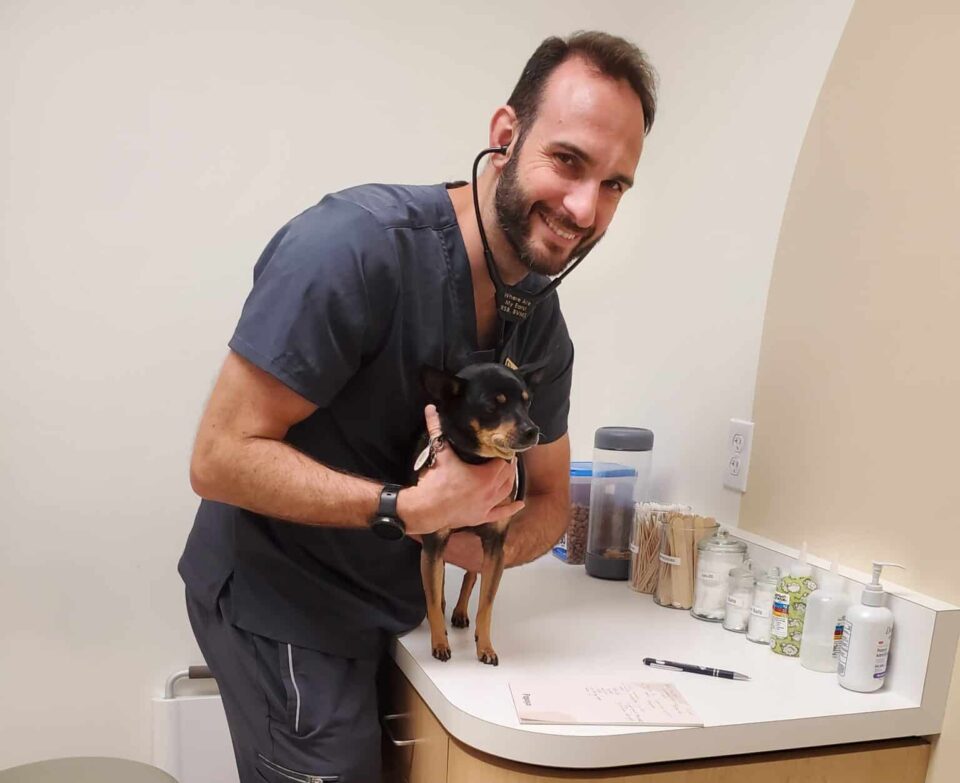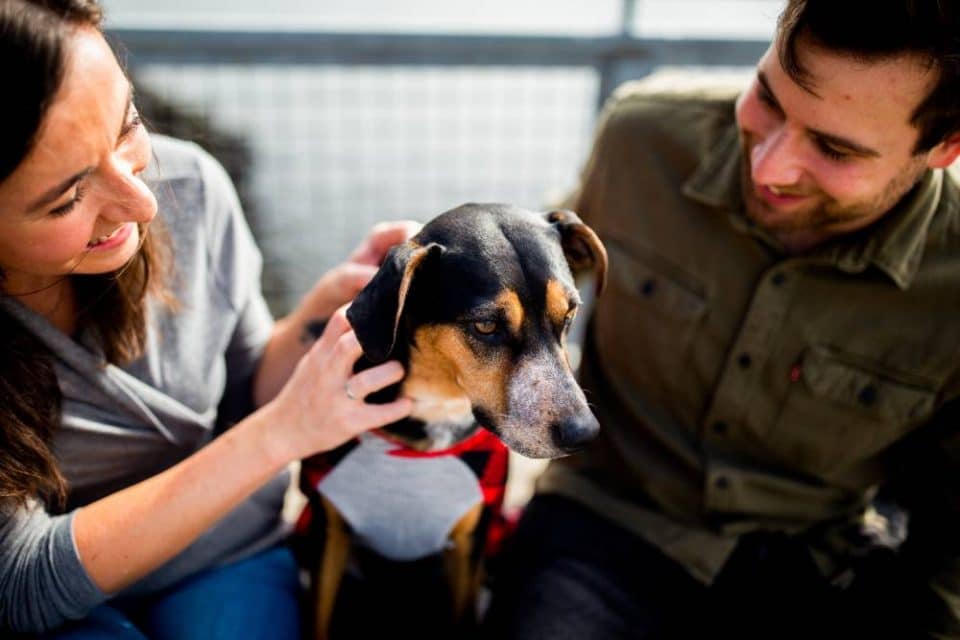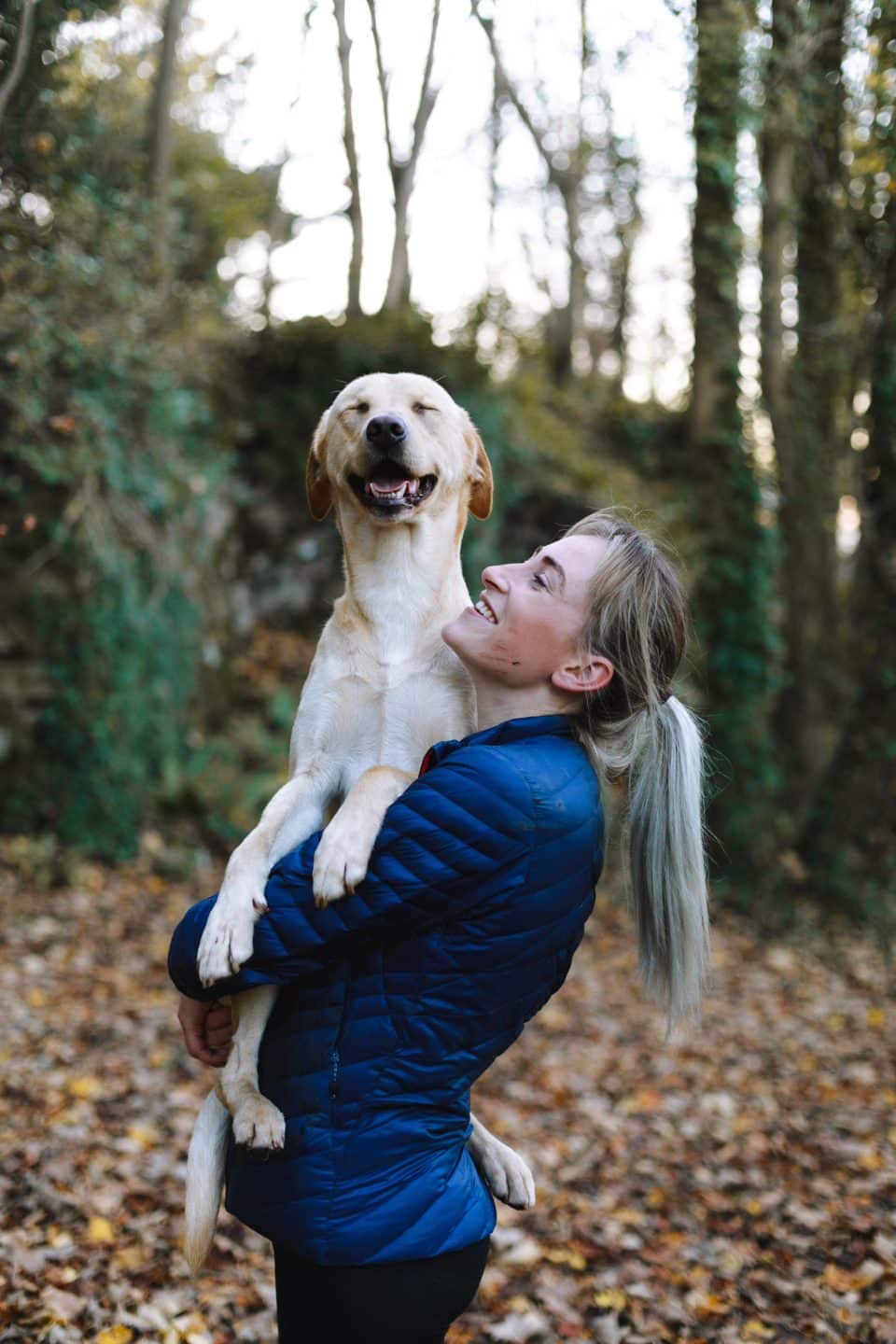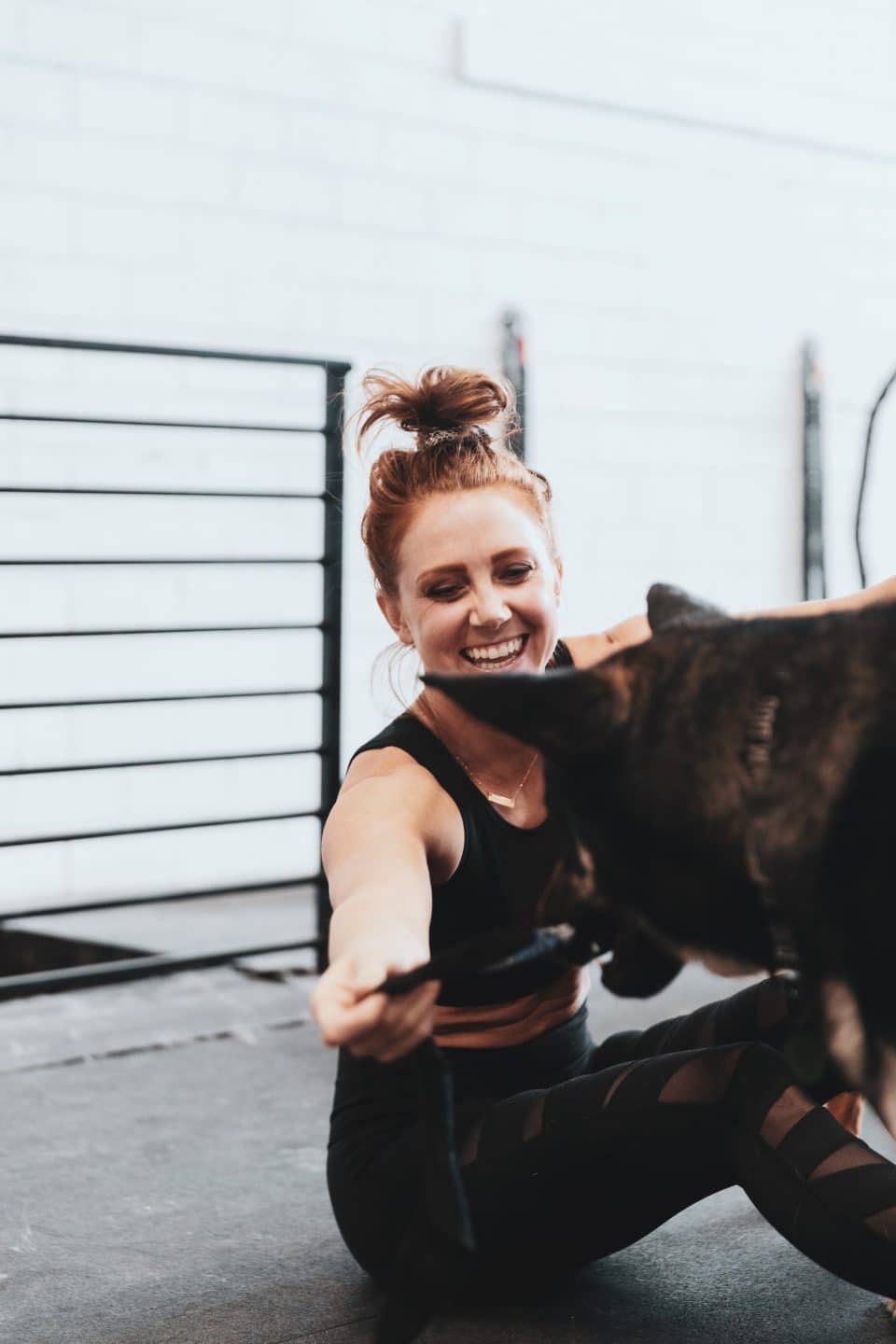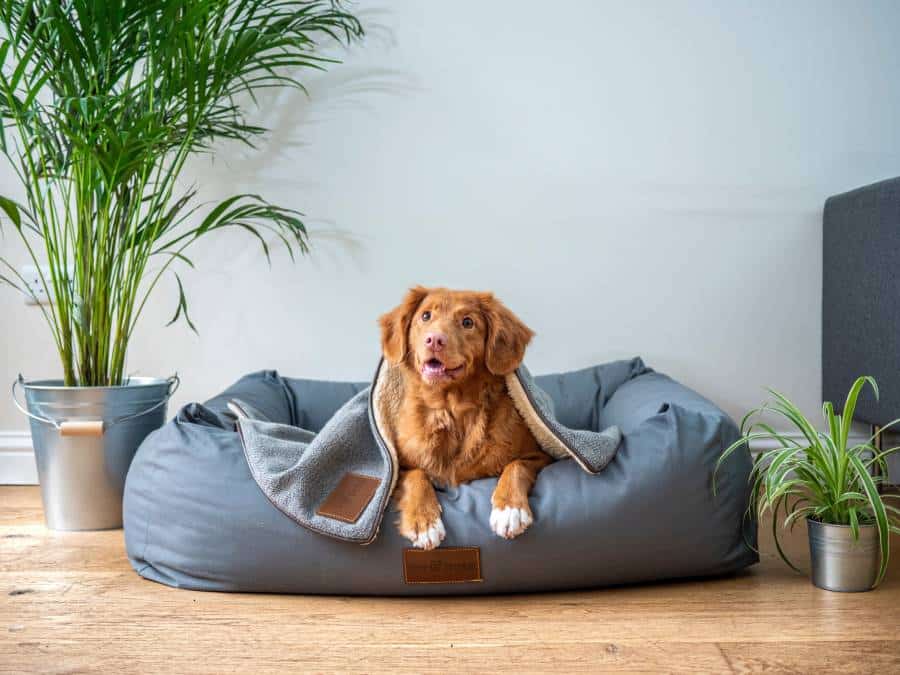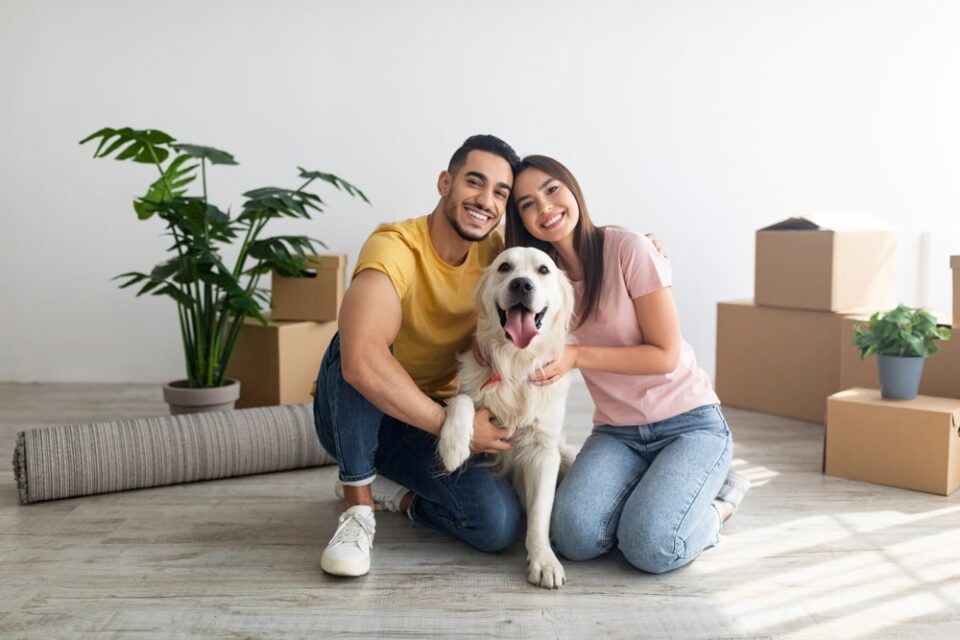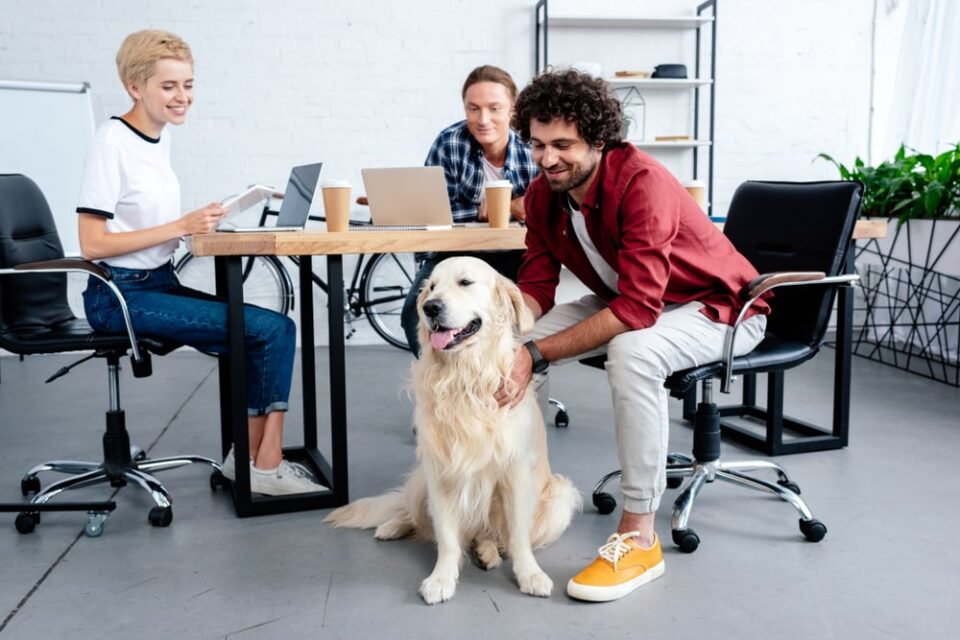Pet Care
4 min read
Building a Pet First Aid Kit: Essential Supplies for Your Furry Companion
Published on Sep 11, 2023
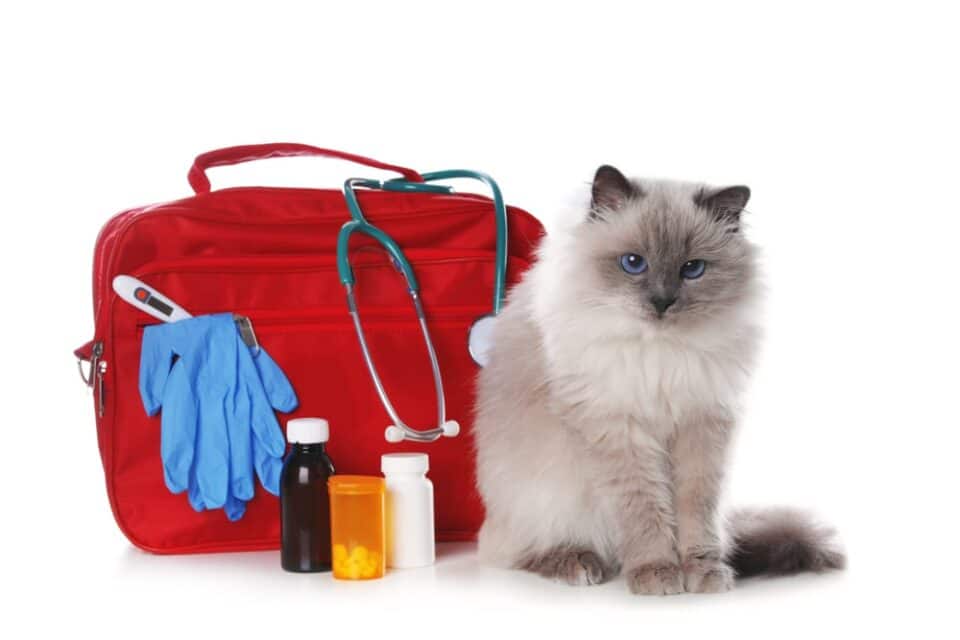
Imagine this – you’re in the living room, your dog playing at your feet, when suddenly, they start acting strangely. Your heart drops, and you feel that anxious lump in your throat. Your first thought is, “Does my dog need urgent care?”
Just as we prepare first aid kits for ourselves, having a pet-specific first aid kit is essential for being proactive and ready for any unexpected emergencies. In this article, we will discuss everything needed in order to create an effective first aid kit for your dog that will allow owners to provide necessary care in emergencies.
Understanding the Importance of a Pet First Aid Kit
Pets, being curious explorers, can find themselves in all sorts of situations, from minor scrapes to more serious incidents. That’s why having a pet first aid kit is a smart move. It’s like having a safety net, giving you the confidence to act quickly and provide initial care before you reach a veterinary clinic.
Essential Items for a Pet First Aid Kit
When it comes to assembling your pet first aid kit, certain items are simply indispensable. Let’s take a look at the essential supplies you should include, according to the American Veterinary Medical Association:1
- Bandages: From self-adhesive bandages to elastic ones, having an assortment of bandages will help you cover wounds and control bleeding effectively.
- Antiseptic Solution: Cleaning wounds is crucial to prevent infection. Opt for a pet-friendly antiseptic solution to keep those wounds tidy and germ-free.
- Gauze Pads: Sterile gauze pads are perfect for dressing wounds and applying medication, ensuring your pet’s comfort.
- Adhesive Tape: If you want to ensure that your bandages and dressings stay in place, it is essential to have hypoallergenic adhesive tape on hand.
- Digital Thermometer: It is important to monitor your pet’s temperature if they show signs of distress.
- Scissors and Tweezers: These will help you cut bandages to size and easily remove ticks, splinters, and debris.
- Liquid Dishwashing Detergent: This can be useful for bathing your pet in case they come into contact with toxic substances or chemicals. It’s crucial to remove any harmful substances from their fur promptly.
- Hydrogen Peroxide: Hydrogen peroxide can be used to induce vomiting in case your pet ingests something toxic or harmful (under veterinary guidance only).
- Oral Syringes: Oral syringes are helpful for administering liquid medications or solutions to your pet with precision and ease.
- Flashlight: Emergencies don’t always happen in well-lit areas. A flashlight will come in handy when you need to examine your pet’s injuries or find your way in the dark.
Medications and Topical Treatments
While it’s essential to consult your veterinarian before administering any medications, having certain over-the-counter items on hand can be incredibly helpful. Under your vet’s guidance, consider including:
- Antihistamines: For allergic reactions or insect bites, antihistamines can be a game-changer (again, only with vet approval).
- Pain Relievers: Non-aspirin pain relievers formulated for pets can be useful to manage pain (with vet approval).
- OTC Antibiotic Ointment: This topical treatment can help prevent infection in minor cuts, scrapes, and wounds, promoting faster healing for your pet.
- Saline Eye Solution: Keeping your pet’s eyes clean and free from irritants is essential. A saline eye solution can be used to flush out debris or foreign objects from their eyes, providing immediate relief.
Always remember to include any specific medications or treatments prescribed by your veterinarian.
Handling and Restraint Supplies
During emergency situations, pets can become anxious and agitated, so it’s important to handle and restrain pets carefully in order to ensure their safety as well as your own. Ensure your pet first aid kit includes the following:
- Gloves: Disposable gloves not only protect you from potential infections but also safeguard your pet from contamination.
- Muzzles: A properly fitted muzzle can prevent bites and scratches, allowing you to focus on providing care.
- Spare leash and collar: In case your pet’s leash or collar gets damaged or lost, having spares handy can help maintain control during emergencies.
- Pet Carrier: Having a sturdy and comfortable pet carrier is essential for safely transporting an injured pets, especially if they are unable to walk or need to be kept calm during travel.
- Blankets: Soft blankets can be used for creating a cozy and secure environment for your pet during stressful situations.
Contact Information and Documentation
In times of crisis, having essential contact information at your fingertips is a lifeline. Make sure to include:
- Regular Veterinarians: Keep their contact details handy for non-emergencies or general inquiries.
- Emergency Veterinary Clinics: Know the nearest 24/7 emergency clinics and have their numbers saved.
- Animal Poison Control Helpline: Poisonings can happen, so jot down (888-426-4235) for quick reference.
To be even more prepared, consider adding a pet first aid reference guide or manual to your kit. Having your pet’s medical history, including vaccinations and any known medical conditions, on hand can also be invaluable.
Personalized Items and Additional Considerations
While assembling your kit, why not add a personal touch to provide comfort to your pet in stressful situations? Including a familiar toy or blanket can do wonders in reassuring your furry friend during emergencies.
Remember to consider any specific needs or health concerns that your pet’s breed, age, or medical history may have. Elderly pets may need additional care based on their breeds unique medical needs. Don’t forget to ask your vet for any recommendations they have regarding your pet’s first aid kit.
Stay Prepared with Papaya Vet
A well-prepared pet first aid kit is essential for any responsible pet owner. By having essential supplies, medications, and contact details, you can manage emergencies efficiently and guarantee that your pet receives the best care.
Remember, while a first aid kit is a valuable resource, it does not replace professional veterinary attention. In any critical situation, seeking immediate help from a veterinarian is paramount.
At Papaya Veterinary Care, our team is committed to providing compassionate and expert care for your beloved pets. Contact us today for an exam or annual check-up!

